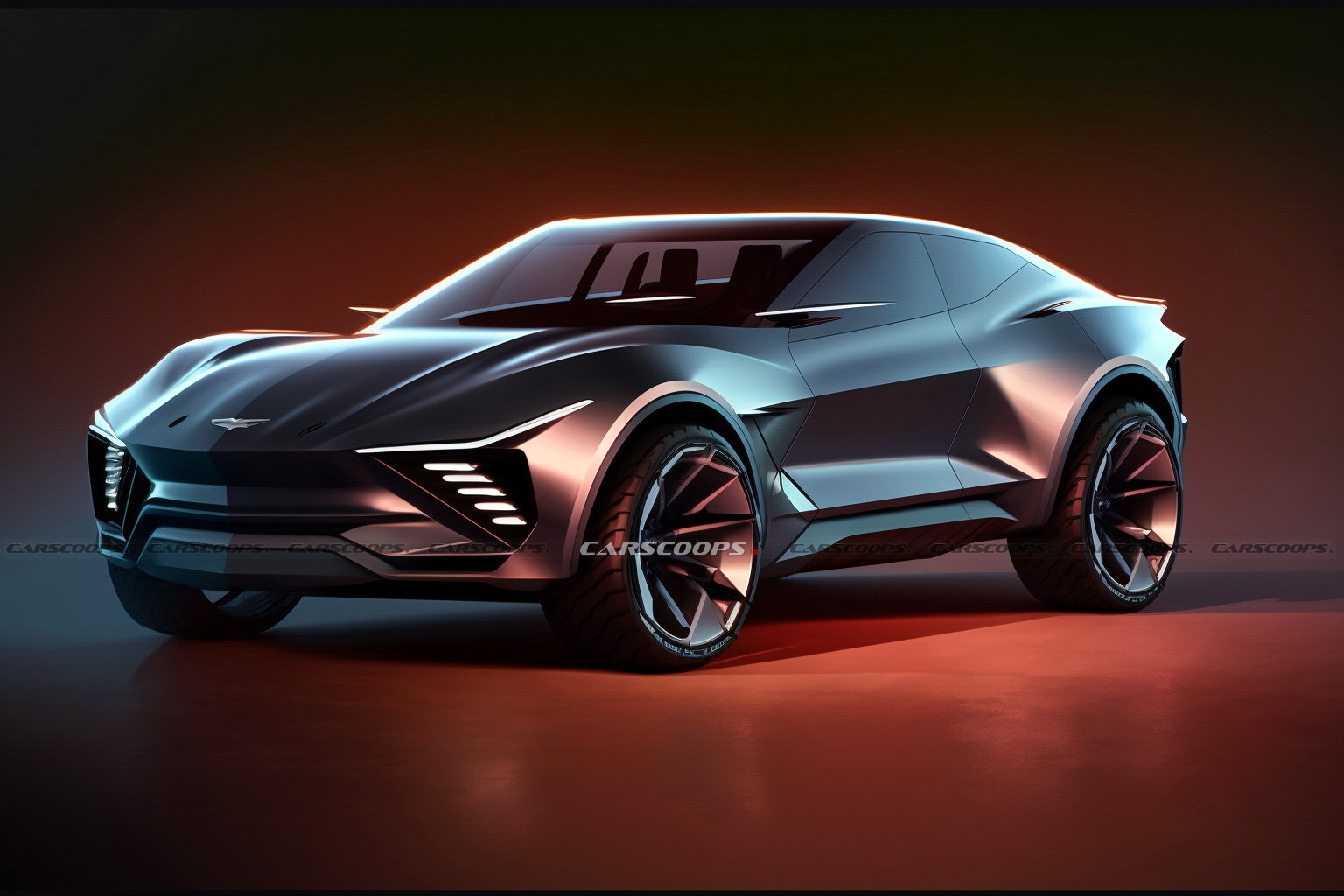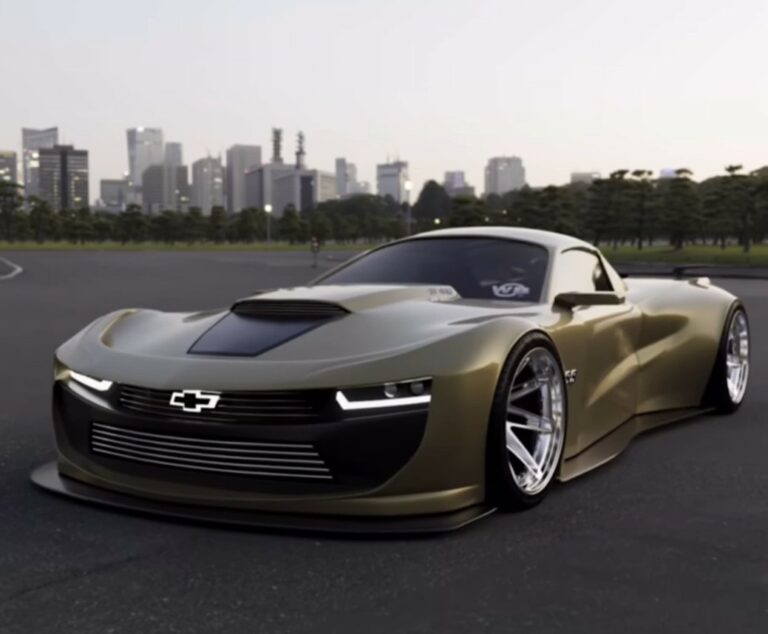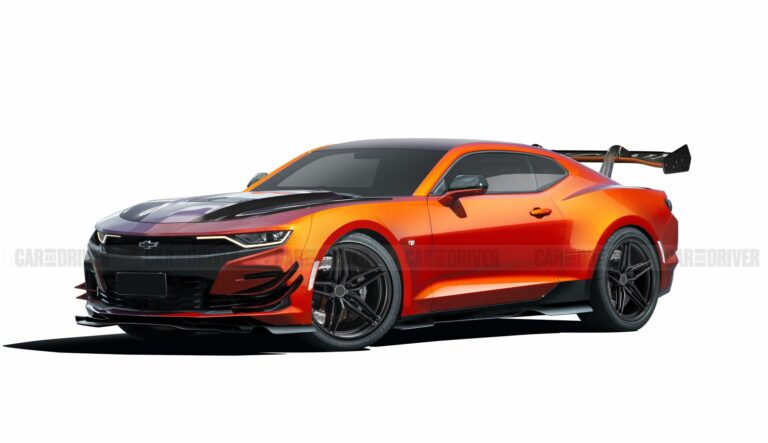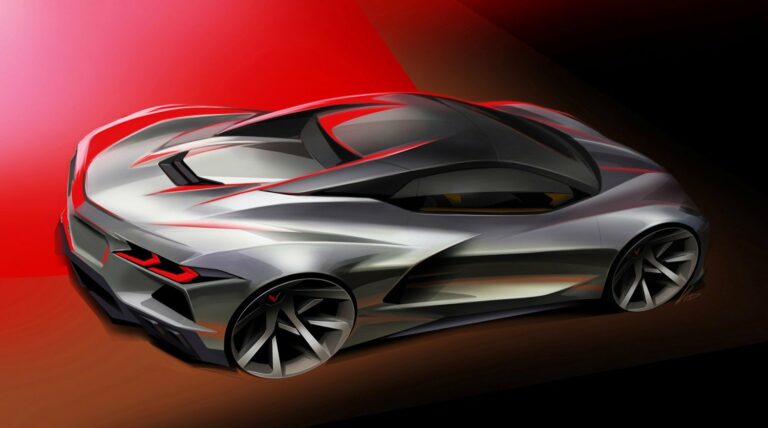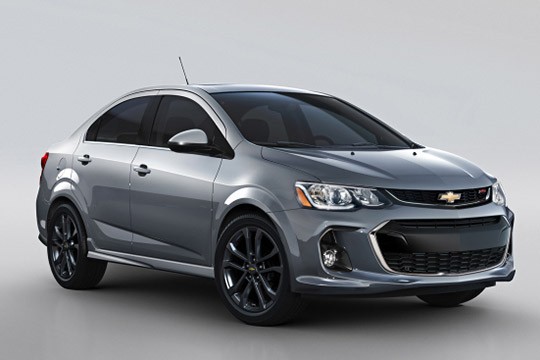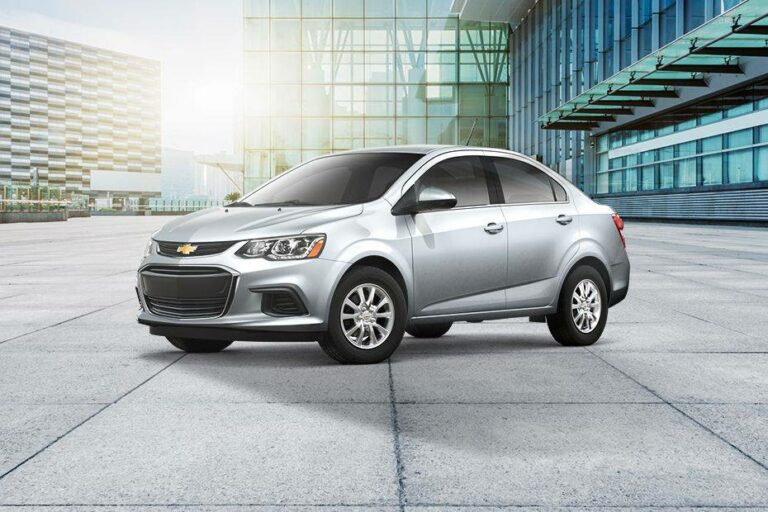2026 Chevy Corvette Ev Specs
Powertrain and Performance
The 2026 Chevy Corvette EV will be powered by an all-electric powertrain, marking a significant departure from its gasoline-powered predecessors. This cutting-edge powertrain promises to deliver exhilarating performance while maintaining the iconic Corvette’s reputation for handling and responsiveness.
The Corvette EV’s electric motor is a state-of-the-art unit that generates an impressive amount of power and torque. With an output of over 600 horsepower and 600 lb-ft of torque, this motor provides instant acceleration and blistering performance. The electric motor’s high efficiency ensures that the Corvette EV can travel long distances on a single charge, making it an ideal choice for both daily commutes and weekend getaways.
Battery Pack
The Corvette EV’s battery pack is a crucial component that provides the energy needed to power the electric motor. The battery pack is designed to offer a balance between range and performance, allowing the Corvette EV to travel over 400 miles on a single charge. The battery pack’s advanced charging technology enables fast charging, reducing the time spent waiting for the vehicle to recharge.
Performance Capabilities
The combination of the powerful electric motor and efficient battery pack translates into exceptional performance capabilities for the Corvette EV. The vehicle can accelerate from 0-60 mph in under 3 seconds, rivaling the performance of the most powerful sports cars on the market. The Corvette EV’s top speed is electronically limited to 180 mph, ensuring both exhilarating performance and safety. The Corvette EV’s advanced handling system, combined with its low center of gravity, provides precise handling and cornering capabilities, making it a joy to drive on both the track and the open road.
Interior Features and Technology
The 2026 Chevy Corvette EV boasts a cutting-edge cabin that combines luxury, technology, and performance. Its driver-centric design prioritizes ergonomics and comfort, while its advanced infotainment system and driver assistance features enhance the driving experience.
The cabin features premium materials such as leather, Alcantara, and carbon fiber, creating a sophisticated and sporty ambiance. The seats provide excellent support and adjustability, ensuring optimal comfort during spirited driving. The steering wheel is wrapped in supple leather and houses intuitive controls for various functions.
Infotainment System
At the heart of the Corvette EV’s infotainment system is a large touchscreen display that dominates the center console. The system offers a user-friendly interface with customizable widgets, allowing drivers to tailor the display to their preferences. Apple CarPlay and Android Auto integration provide seamless smartphone connectivity, enabling access to navigation, music, and other apps.
Connectivity Features
The Corvette EV is equipped with a comprehensive suite of connectivity features. Wi-Fi hotspot capability allows passengers to stay connected while on the go. Bluetooth connectivity enables hands-free calling and audio streaming. Wireless charging is also available, providing convenient charging for compatible devices.
Driver Assistance Systems
The Corvette EV offers an array of driver assistance systems to enhance safety and convenience. Adaptive cruise control maintains a safe distance from vehicles ahead, while lane keep assist helps keep the car centered in its lane. Blind-spot monitoring alerts drivers to vehicles in their blind spots, and rear cross-traffic alert warns of approaching vehicles when reversing.
User Experience and Customization Options
The user experience in the Corvette EV is designed to be intuitive and customizable. Drivers can adjust the steering, suspension, and braking settings to suit their driving style. The infotainment system allows for personalization of the display and audio settings. The Corvette EV also offers a variety of interior trim options, enabling drivers to create a cabin that reflects their unique taste.
Safety and Driver Assistance
The 2026 Chevy Corvette EV prioritizes safety with a comprehensive suite of active and passive safety features.
Active Safety Features
Active safety systems intervene to prevent accidents by monitoring the vehicle’s surroundings and taking corrective actions. The Corvette EV features:
- Forward Collision Alert (FCA): Warns the driver of an impending collision and automatically applies the brakes if necessary.
- Lane Departure Warning (LDW): Alerts the driver when the vehicle drifts out of its lane and can gently steer it back.
- Blind Spot Monitoring (BSM): Uses sensors to detect vehicles in the driver’s blind spots and alerts them accordingly.
- Rear Cross-Traffic Alert (RCTA): Monitors the rear of the vehicle for approaching traffic when reversing and warns the driver.
- Adaptive Cruise Control (ACC): Maintains a safe distance from the vehicle ahead, automatically adjusting speed.
Passive Safety Features
Passive safety features protect occupants in the event of a collision. The Corvette EV incorporates:
- High-Strength Steel Frame: Provides a rigid structure to absorb impact and protect occupants.
- Airbags: Front, side, and curtain airbags deploy to cushion occupants during a collision.
- Energy-Absorbing Zones: Designed to crumple and absorb energy in a collision, reducing impact on occupants.
- Rollover Protection System: Reinforced pillars and a strong roof structure minimize the risk of rollover injuries.
Advanced Driver Assistance Systems (ADAS)
The Corvette EV offers a range of ADAS features that enhance driver comfort and safety:
- Super Cruise: An advanced hands-free driving system that operates on compatible highways, allowing drivers to relax while the car handles acceleration, braking, and steering.
- Park Assist: Automatically parks the vehicle in parallel or perpendicular spaces, reducing stress and improving safety.
- Night Vision: Uses infrared cameras to detect pedestrians and objects in low-light conditions, improving visibility.
- Head-Up Display (HUD): Projects critical driving information onto the windshield, keeping the driver’s eyes on the road.
Comparison to Industry Standards and Competitors
The Corvette EV’s safety features exceed industry standards and match those of top competitors. Its active and passive safety systems are designed to meet or surpass the latest NHTSA and IIHS crash test ratings. Compared to its rivals, the Corvette EV offers a comprehensive ADAS suite, including Super Cruise, a feature not available on most competitors.
Pricing and Availability

The highly anticipated 2026 Chevy Corvette EV is expected to carry a premium price tag. According to industry analysts, the base model could start around $100,000, while higher trim levels may reach $150,000 or more. This pricing would position the Corvette EV competitively within the electric sports car segment, aligning with rivals such as the Tesla Roadster and Porsche Taycan.
Availability
The 2026 Chevy Corvette EV is anticipated to enter production in late 2025, with deliveries commencing in early 2026. Chevrolet has not yet announced the planned production volume, but industry experts predict an initial run of around 20,000 units per year.
Environmental Impact

The electric powertrain of the 2026 Chevy Corvette EV brings significant environmental benefits compared to its gasoline-powered predecessors.
Emissions Reduction
The electric powertrain eliminates tailpipe emissions, which are a major source of air pollution and greenhouse gases. By using electricity generated from renewable sources, the Corvette EV can achieve zero emissions during operation. This contributes to improved air quality, reducing respiratory issues and environmental degradation.
Sustainability
The electric powertrain promotes sustainability by reducing the dependence on fossil fuels. Fossil fuel extraction and combustion release harmful pollutants and contribute to climate change. The Corvette EV, by using electricity, taps into renewable energy sources like solar and wind, minimizing its environmental footprint.
Comparison to Gasoline-Powered Corvettes
Compared to gasoline-powered Corvettes, the Corvette EV offers a substantially lower environmental impact. Gasoline-powered vehicles emit significant amounts of carbon dioxide, nitrogen oxides, and particulate matter, all of which contribute to air pollution and climate change. The Corvette EV, on the other hand, produces zero tailpipe emissions, making it a more environmentally friendly choice.
FAQ
What is the expected price range of the 2026 Chevy Corvette EV?
Pricing details for the 2026 Corvette EV have not yet been officially announced by Chevrolet.
When will the 2026 Chevy Corvette EV be available for purchase?
Chevrolet has not yet released an official timeline for the availability of the 2026 Corvette EV.
What is the estimated range of the 2026 Chevy Corvette EV on a single charge?
Specific details regarding the battery capacity and range of the 2026 Corvette EV have not been disclosed by Chevrolet.
What are the key safety features included in the 2026 Chevy Corvette EV?
Chevrolet has not yet announced the comprehensive list of safety features for the 2026 Corvette EV.
How does the 2026 Chevy Corvette EV compare to other electric sports cars in the market?
Comparative details against competing electric sports cars will be available closer to the launch of the 2026 Corvette EV.
